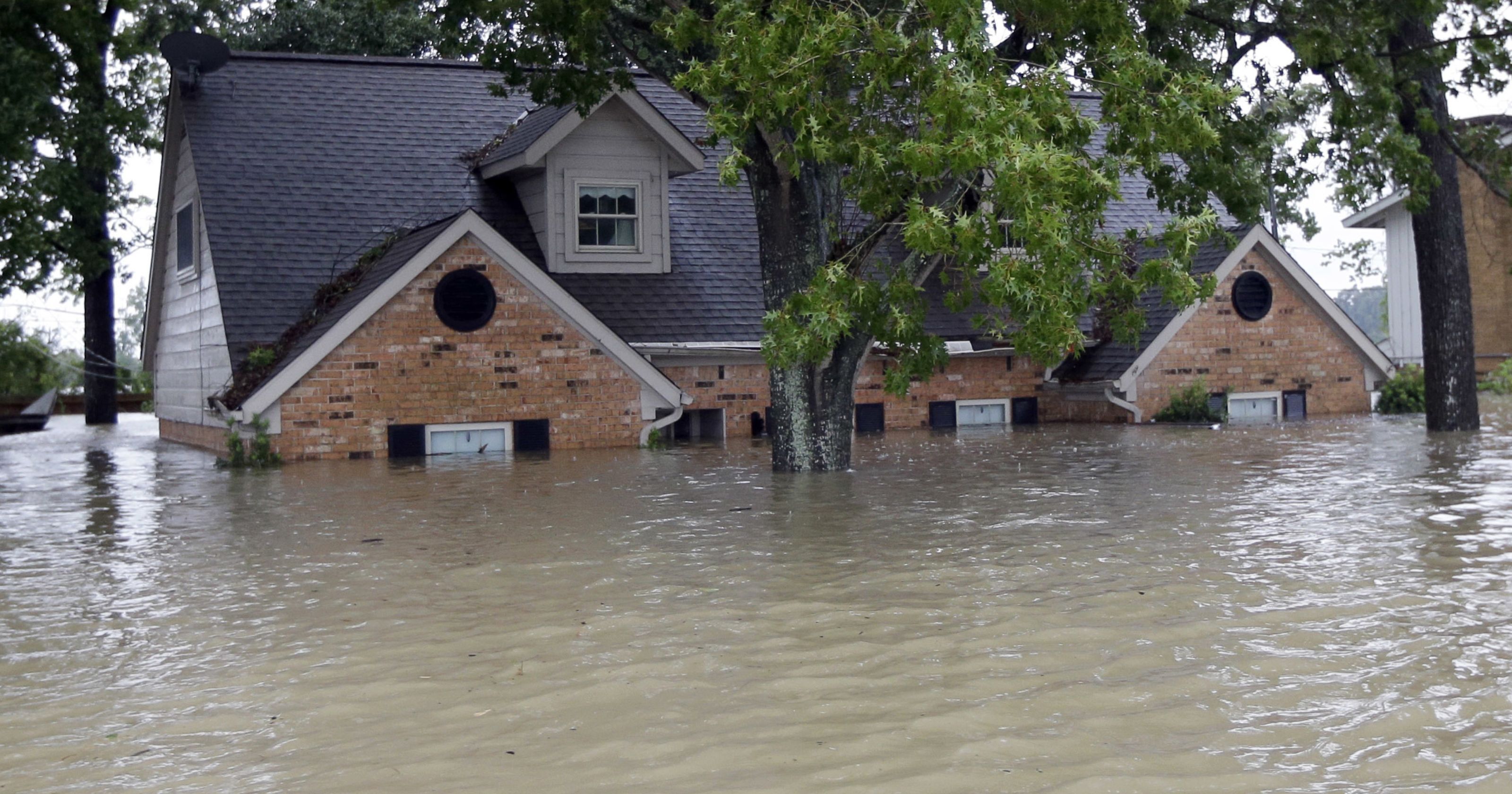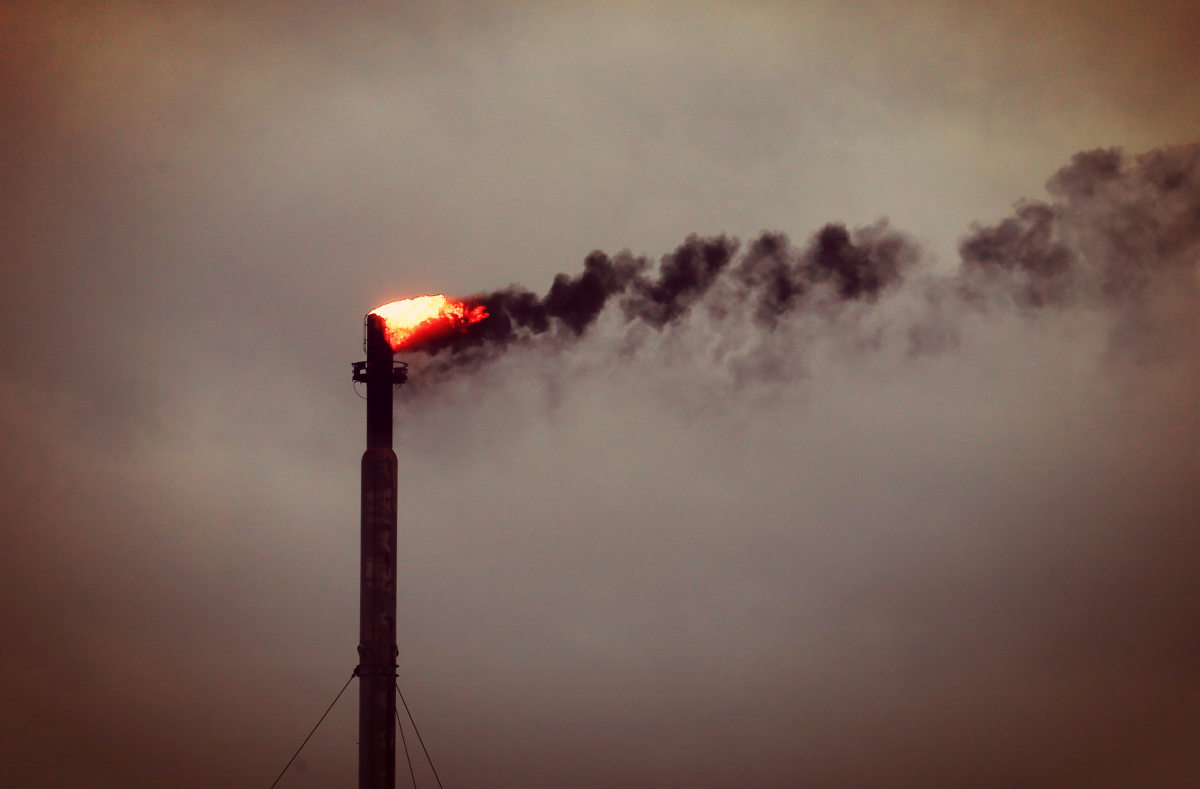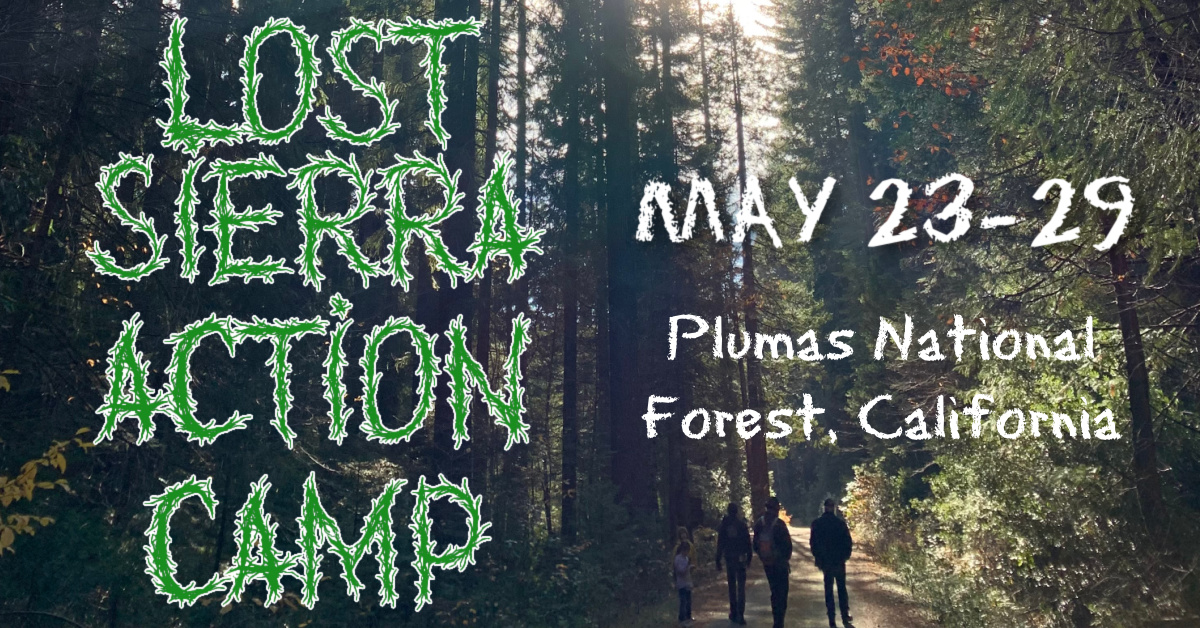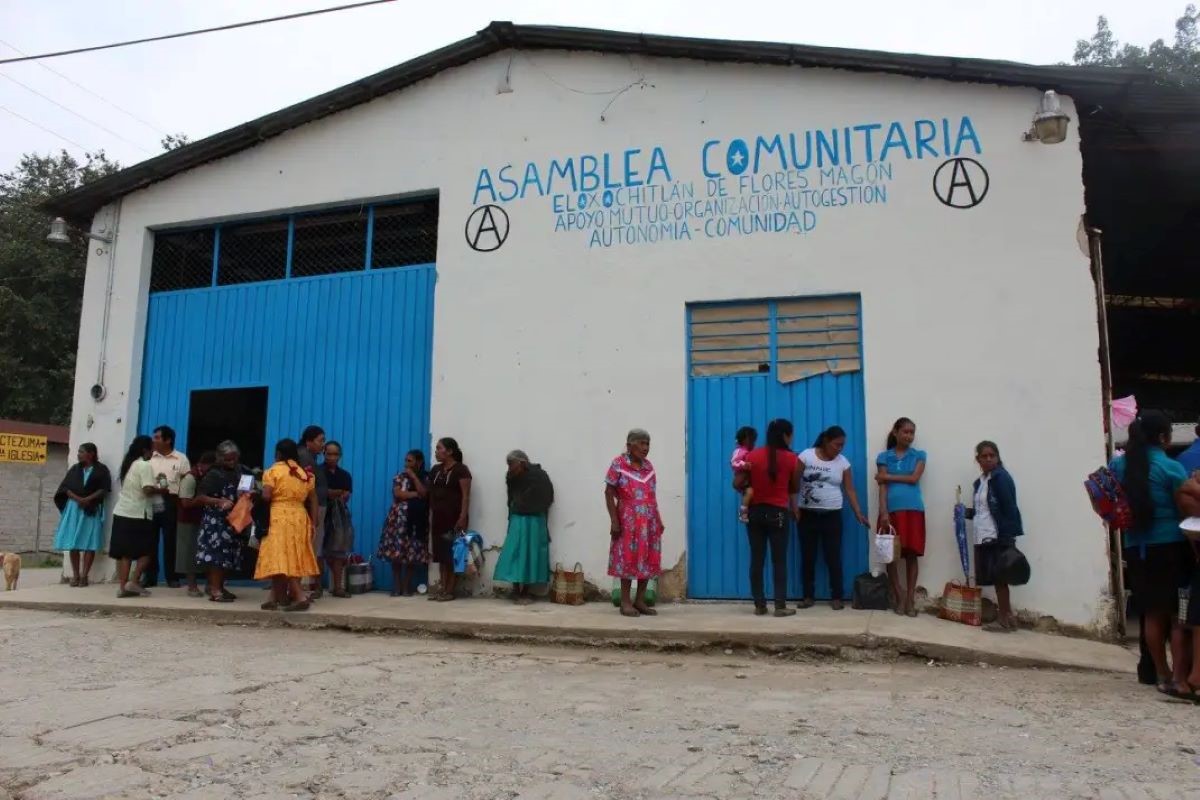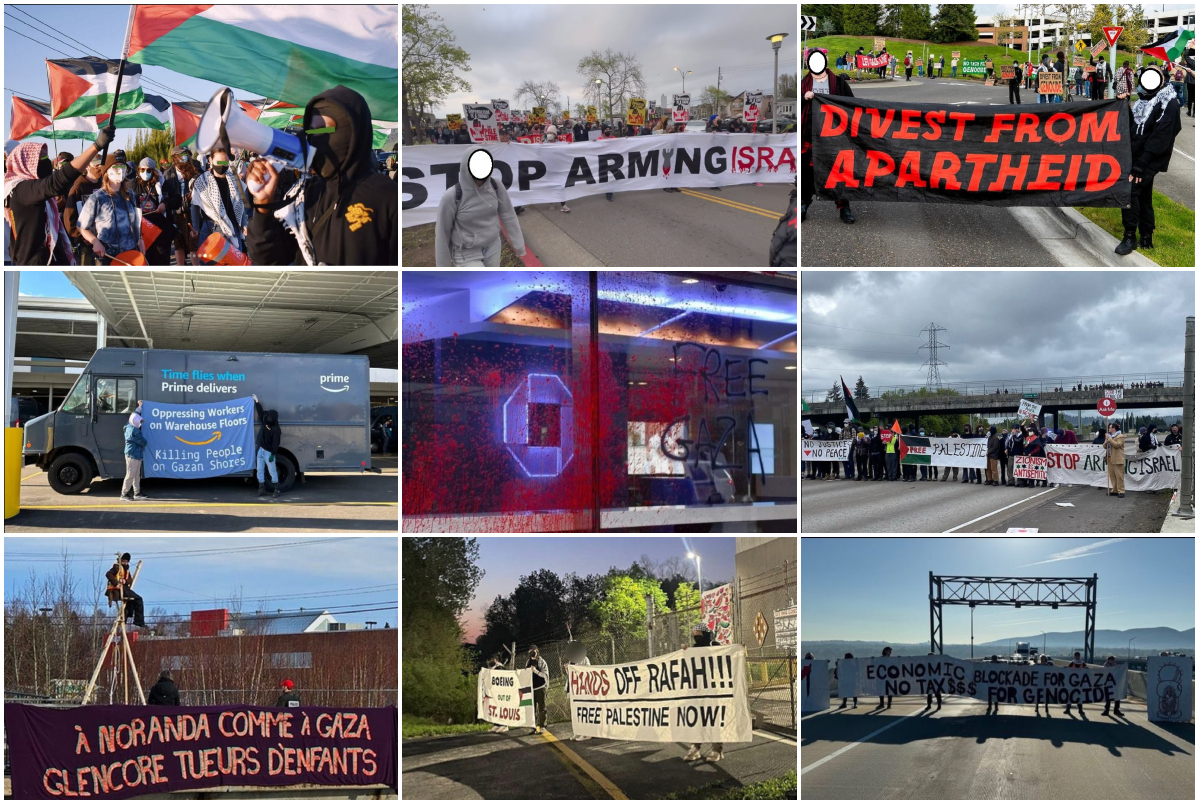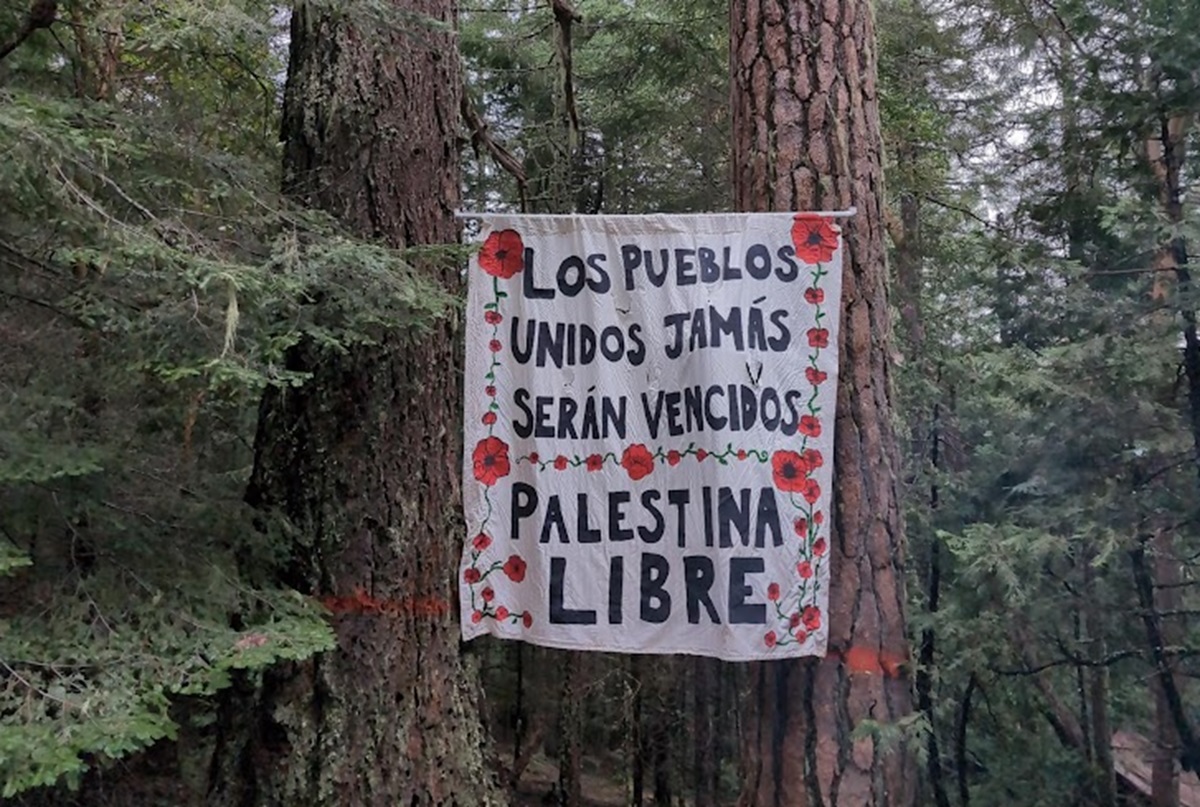Filed under: Central, Civilization, Community Organizing, Environment, Featured, Interviews
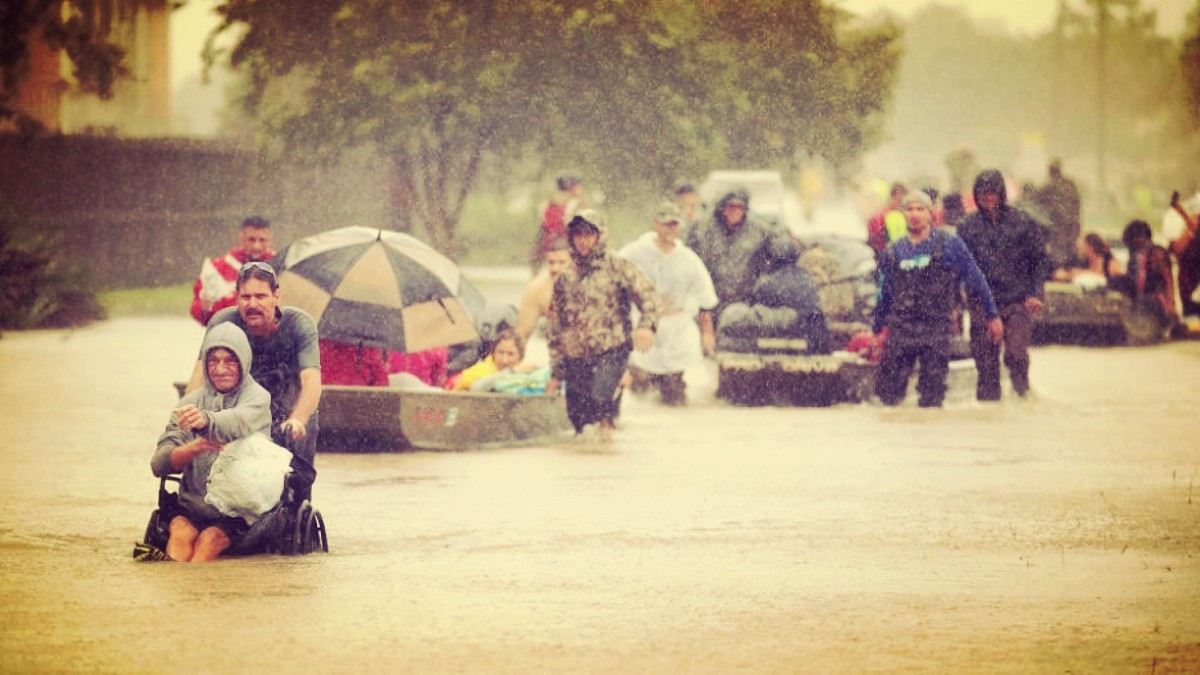
We caught up with members of Austin Common Ground Relief about autonomous relief efforts in Houston and surrounding areas and communities. We discuss broadly what anarchists, autonomists, and anti-authoritarians are doing, the response from the State and the Red Cross, and what people should keep in mind with Hurricane Irma and other disastrous storms on the way.
You can speak broadly about what autonomous, anarchist, and anti-capitalist groups are doing to help with relief in the Houston and surrounding areas? What are the groups involved and what kinds of things are they doing?
“Organizations rooted in a community are better positioned to be aware of the needs of people than large impersonal organizations, and can often meet needs more quickly than large bureaucracies.”
Austin Common Ground Relief is working closely whenever we can, including groups like West Street Recovery, Bayou Action Street Health, and Food Not Bombs Houston, as well as individual autonomous or radical activists throughout the affected region. There are many left-leaning groups and autonomous volunteers from across the political spectrum that we’ve been in contact with like DSA Houston, Indivisible Houston, Burners Without Borders and even Liberty Coalition for Disaster Relief, and Houston Free Thinker House. Here in Austin, Counter Balance: ATX, a more liberal coalition, has brought a lot of evacuees from the flooded areas to temporary housing in Austin and we’re doing what we can to support them. As Scott Crow pointed out in your recent interview, these moments tend to strip away some of our political divisions and emphasize our common humanity.
Currently these groups are focused on meeting immediate needs. Many were involved with search and rescue. Now the focus is on survival – this includes things like putting tarps on damaged roofs, pulling carpet, drywall, etc out of flooded homes ASAP before mold destroys more of the house, meeting people’s medical needs, providing clothing, fans, groceries and other supplies as well as water and water filtration systems, hot food, and ways to cook and store food for people who lost appliances. At some point the focus will shift toward rebuilding and there will be a need to advocate for respect and justice in the rebuilding process. Additionally we plan to begin gathering coats, blankets, and heaters for winter.
Can you describe the difference in response from grassroots, organic solidarity and mutual aid that occurred after the hurricane and the response from organizations like the Red Cross and the State?
Organizations rooted in a community are better positioned to be aware of the needs of the people in that community than large impersonal organizations. They can also often meet those needs more quickly and efficiently than large bureaucracies.
We’re in touch with an autonomous activist who set out for the flooded areas of Houston and East Texas soon as the roads were barely passable with supplies and boats. He said Red Cross didn’t even make it to some of the poorest, hardest hit neighborhoods, until a week or more after the storm. Meanwhile people are starving, sick, or living in wet houses filling up with mold. We thought this short exchange from a recent Democracy Now! Episode, when Amy Goodman interviewed Pastor Carlos Caban from Templo Emanuel in Baytown, Texas, was illuminating:
AMY GOODMAN: How about FEMA?
PASTOR CARLOS CABAN: We don’t got FEMA here.
AMY GOODMAN: Federal Emergency Management Agency.
PASTOR CARLOS CABAN: We don’t got them here.
We know from our experience that the Red Cross (RC) and state disaster relief don’t always treat people with respect. People are treated like numbers. The care we’ve seen given to people helped by community organizations shows a much higher level of respect and kindness than what we’ve witnessed happening in the Red Cross shelters.
We also know they don’t stick around. After the devastating Onion Creek flash floods in Southeast Austin in 2013, we saw the RC in the neighborhood passing out food for for maybe a week, and then they were gone and people were still hungry and living in flooded homes. Then it was several weeks, and in some cases months, before people received any help from FEMA.
“Red Cross didn’t even make it to some of the poorest, hardest hit neighborhoods, until a week or more after the storm. Meanwhile people are starving, sick, or living in wet houses.”
Our group started walking the streets of the flooded neighborhood, feeding people using donations and donated food and kitchens. As we walked the neighborhood passing out food we talked with folks about their specific needs and then worked to meet them. RC and The State take a one-size-fits-all approach which causes some people to fall through the cracks. In our experience it was clear that each family had different needs and that grassroots community mutual aid is well-suited to this more individualized approach.
By the time winter came, the RC was long gone, but we knew where vulnerable people were still living in damaged houses and we worked around the clock to distribute blankets, heaters, coats, and hot drinks. Finally, we helped one of the hardest hit neighborhoods form a neighborhood alliance so that they’d have a seat at the table politically speaking. Now some of the folks from that neighborhood alliance are involved with our Harvey relief efforts, bringing a wealth of knowledge and experience as people who have gone through the same thing.
By helping people in the community we recognize the basic human dignity in one another. We try to walk side by side with affected people as much as possible. It’s “solidarity, not charity,” to quote a motto of the original Common Ground. We feel that our approach empowers people rather than treating them as victims. Disasters tend to remind people that we belong to each other and to the Earth. In times like these we need each other and we need community. We have seen that our work builds community and creates coalitions and we have not seen the RC or the State do that.
And of course we must not forget that lots of people are afraid to approach the conventional shelters and disaster relief orgs, many for good reasons, not least of which being that immigration enforcement authorities may be watching.
Additionally we know that RC mismanages donations with way too much overhead – ProPublica has done great research on this. With Common Ground and similar groups, all donations go directly to affected persons.
We are hearing that a vast majority of people will not have their homes covered by flood insurance. Can you speak to how the hurricane will impact the lives of most people affected by it?
Many people were already living paycheck to paycheck and with various health issues, etc. This can be the thing that pushes them over the edge into homelessness. We’re already hearing of landlords wanting rent from people who have been out of work. Also, many people will continue living in flooded, damaged homes because they have nowhere else to go and this creates a whole other set of issues. The problems are going to last for years, long after the national media attention and most of the donor dollars move on to the next disaster.
Can you talk about the priorities of the State and police to protect certain neighborhoods and property during the hurricane, and choosing not to help poor communities and communities of color?
“The State take a one-size-fits-all approach which causes some people to fall through the cracks. In our experience it was clear that each family had different needs.”
We live in a white supremacist and capitalist society, so of course poor communities and POC are not prioritized, not in hurricane relief, not ever. Other marginalized people like the disabled, LGBTQIA+ and undocumented immigrants also suffer more. We heard through our networks about a mental health center that was without power long after other facilities were tended to by the government, and did what we could to link them up with a generator. Rich white people are the priority of the State and the police in all situations.
We were horrified, but not surprised, when Houston’s police chief, Art Acevedo, who until relatively recently was chief of police in Austin, used his Twitter account to openly stoke anti “looting” racism and compared antifascists to neo-Nazis, even as antifascists were organizing relief efforts. We heard about a very scary situation where a queer woman of color in a leadership role with one of the organizations we work with was interrogated and threatened by police and national guard in East Texas when she attempted to take disaster victims out of a shelter on a bus back to Austin. Eventually they let her leave, but it felt very touch and go for a moment – some of these areas have a very troubling racial history.
Sadly we can expect more horror stories of injustice directed at the most vulnerable now that the flood waters are drying up and people are starting to pick up the pieces.
Can you speak to the effects of various chemical and petroleum plants exploding or leaking during the hurricane and how you think this reality will affect people in the future?
“We heard about a very scary situation where a queer woman of color in a leadership role with one of the organizations we work with was interrogated and threatened by police and national guard in East Texas.”
The reality of the plants and refineries has been affecting people for decades, is currently affecting people, and will continue as long as industrial civilization continues. For decades children having been growing up in areas where the air constantly reeks of chemicals and it isn’t safe to swim or fish in the water. Cancer and respiratory ailments are already affecting people living near the plants in disproportionate numbers; now there is concern that well water and soil may have been further contaminated, and unfortunately the plants and the EPA are not responsive to people asking for answers about the specifics of the contamination. Millions of pounds of toxic chemicals were released into the air when the plants and refineries went through their shut-down and restart procedures, and we have heard reports of large flares and worse-than-usual chemical odors in the air and water. Additionally 13 Superfund sites were flooded, including the dioxin-containing San Jacinto River Waste Pits. See this recent article from The Houston Chronicle.
We’d also like to refer you to the amazing work of TEJAS, Texas Environmental Justice Advocacy Services, which is doing an incredible job of documenting the short and long term damage of the storm. They also lead a “Toxic Tour” of East Texas’ “petro metro” region. We highly recommend It’s Going Down readers support them and check out their work.
Hurricane Irma is on the way, what should people keep in mind?
“the plants and refineries has been affecting people for decades, is currently affecting people, and will continue as long as industrial civilization continues.”
When we formed in 2013, we worked very hard for four months and then mostly disbanded. Some of us also helped with flood relief efforts in 2015. However, when we got back together after Harvey, we all recognized that we’re entering a period of extreme climate disruption and our work has to be sustainable and ongoing. We’re hoping to bring more of the people displaced by climate catastrophes directly into our work over time.
It’s so much more than just simply the use of fossil fuels, though clearly that’s a big piece of it. Humanity has been disrespecting nature, destroying wetlands, and building communities on top of swamps or in floodplains as if we’re invulnerable to the world instead of part of it. We realized that this isn’t an aberration, even though Harvey was historic, but the new normal. We’re sad to see we may be proven right more quickly than we realized.
Scientific research shows that closely connected communities are better prepared for disasters of all kinds, especially climate emergencies. The work we do as activists empowers and trains us to be able to respond in moments like this. Most of all, people need to show up and do something. Don’t wait for the government to step in, because whatever they do will be inadequate and maybe even actively harmful. Reach out to your neighbors and find out what needs to be done and do it together.
How can people help autonomous relief efforts right now in Houston?
“We realized that this isn’t an aberration, even though Harvey was historic, but the new normal.”
It’s going to sound very capitalistic of us, but right now people in the areas hurt worst by Harvey need money. We’ve seen a lot of people from around the country wanting to donate stuff, and unless you know of a very specific need it’s better to get cash directly to the people who can go to their local stores, which have reopened, and buy what they need. There are exceptions – for example, we’ve heard it’s getting harder to find N95-grade face masks, but even then we’d want people to donate them to a specific organization that is asking for them, or even a specific volunteer or family. Clothing donations in particular quickly get out of hand in most relief efforts, and it actually can give people more dignity to let them go out and buy whatever clothes they want instead of digging through your castoffs.
West Street Recovery and the other organizations we linked above are asking for volunteers. We have a volunteer form you can fill out, a needs form for people affected by Harvey and you can donate to us via Bitcoin, Paypal, Venmo or this tax-deductible site. We’ll make sure to get the funds to people who need them in the most direct way possible, and we’re going to publish regular financial transparency reports.
“Most of all, people need to show up and do something. Don’t wait for the government to step in, because whatever they do will be inadequate and maybe even actively harmful.”
Just as with money, we’d ask you to have a specific plan if you want to come down to the region to volunteer – link up with organizations or people in the region that need help in advance. We’ll do what we can to help with that.
We also urge you to please pay attention to areas outside Houston, which is a major city center and will recover more quickly, places like Beaumont, Port Arthur, Galveston, the areas near the refineries like Baytown, and even places like Smithville that are being overlooked for aid. And please think in the long term. There’s going to be lots of aid and volunteers in the immediate aftermath of this disaster, but this region is going to be years in the recovery. We need to help each other build sustainable solutions to this climate disaster, and the next one that’s inevitably on the way.



